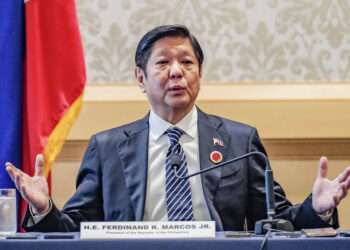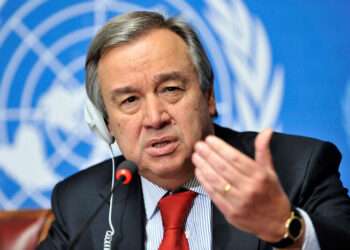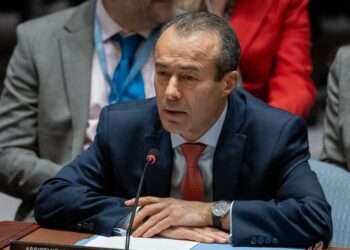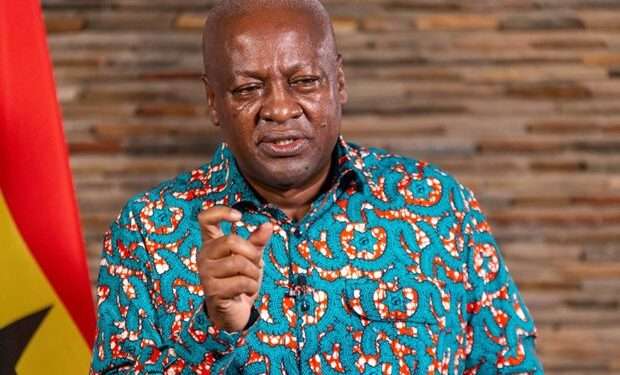The Trump administration’s decision to proceed with the USAID shutdown has triggered widespread criticism, with congressional Democrats raising concerns about the influence billionaire ally Elon Musk wields over the federal government.
US Agency for International Development (USAID), the world’s largest foreign aid provider, has long played a critical role in funding humanitarian and development projects across 120 countries.
USAID’s initiatives have historically tackled global crises, including epidemics, education, clean water access, and economic development. However, the abrupt shutdown has left millions vulnerable, as vital aid programs are now in jeopardy.
USAID has been instrumental in providing assistance to Latin America. In Colombia, it played a key role in humanitarian aid, while in the Brazilian Amazon, the agency spearheaded conservation projects and livelihood support for Indigenous communities.
More than 2.8 million Venezuelans who fled their country’s economic collapse have also relied on USAID-funded emergency aid. In 2024 alone, the agency funneled $45 million to the UN World Food Program, mainly to assist displaced Venezuelans.
In Peru, USAID allocated $135 million last year to fund alternatives to cocaine production, such as coffee and cacao farming. The program, active since the 1980s, aimed to curb illicit drug trade while fostering economic growth.
Sub-Saharan Africa, which received over $6.5 billion in US humanitarian aid last year, is now grappling with the severe fallout of the funding freeze.
HIV patients across Africa have been turned away from clinics previously supported by the US President’s Emergency Plan for AIDS Relief (PEPFAR), a globally recognized initiative credited with saving over 25 million lives.
“The world is baffled,” said Aaron Motsoaledi, South Africa’s health minister, whose country has the highest number of people living with HIV. South Africa, Africa’s largest economy, relied on PEPFAR for nearly 20% of its $2.3 billion annual HIV/AIDS budget. With the sudden halt in funding, the program’s survival is in serious doubt.
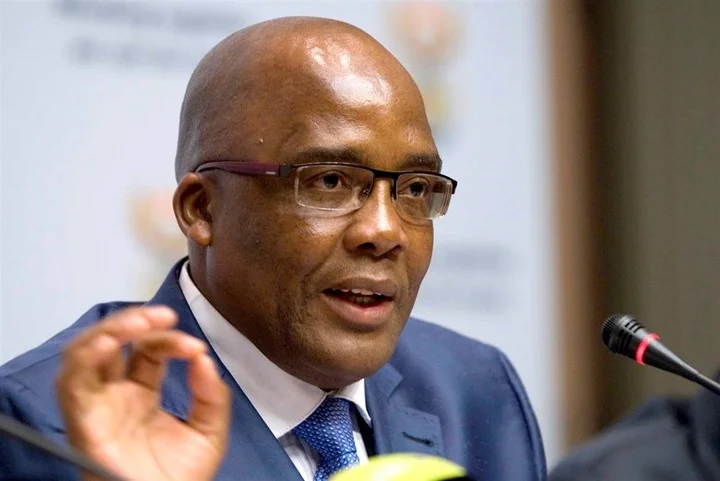
The ripple effects extend beyond Africa’s largest economy. Ghana’s Chemonics International development group has been forced to withdraw support for maternal and child health, malaria response, and HIV programs. In Mali, where USAID covered 40% of humanitarian efforts, education initiatives have been suspended.
Sudan, already devastated by civil war, is facing a worsening public health crisis as cholera, malaria, and measles spread unchecked. According to an anonymous official, “600,000 people are now at risk of catching and spreading these diseases.”
Syria’s Hospitals Shut Down
In northern Syria, where millions rely on foreign medical aid, the impact of USAID’s closure has been catastrophic.
Doctors of the World Turkey, an NGO dependent on USAID for 60% of its funding, has been forced to close 12 field hospitals and lay off 300 staff members. “As a medical organization providing life-saving services, you’re basically saying, ‘Close all the clinics, stop all your doctors, and you’re not providing services to women, children, and the elderly,’” said Hakan Bilgin, the organization’s president.
The group previously provided 5,000 medical consultations daily but has now been forced to cut that number to just 500. “The real impact is bigger than we can measure right now,” Bilgin added.
USAID’s funding freeze has also jeopardized democracy initiatives in Myanmar, where the military regime has cracked down on opposition voices since seizing power in 2021.
“The frozen funds are vital for organizations challenging military rule and promoting democracy, which advance US interests by upholding American values and countering China’s authoritarian influence.”
Human Rights Myanmar
The freeze has halted $8 million for human rights projects, $30 million for democracy initiatives, and $1 million for independent media. In addition, $22 million for humanitarian aid, $36 million for agriculture, $22 million for healthcare, and $30 million for education programs have been suspended.
The UN estimates that Myanmar’s civil war has displaced over 3 million people, and with USAID’s departure, the humanitarian crisis is set to deepen.
Mexican Migrant Shelters Struggle Without US Support
In Villahermosa, Mexico, the Peace Oasis of the Holy Spirit Amparito shelter, which aids migrants fleeing persecution and violence, has also been hit hard by the funding halt. The shelter was forced to lay off its only doctor, a social worker, and a child psychologist.
With resources dwindling, the organization has turned to the Mexican government for alternative funding through UN-managed programs to assist migrants returning to their home countries. “The crisis is only going to worsen,” the shelter stated. “The most affected will be the population we serve.”
The USAID freeze has also dealt a severe blow to Ukraine, where US funding has been vital in supporting wartime relief efforts.
The agency had covered fuel costs for evacuation vehicles, salaries for aid workers, legal and psychological support, and transport for civilians fleeing Russian attacks. In eastern Ukraine, a concert hall converted into a shelter for displaced families is now at risk of closure, as 60% of its operational costs — roughly $7,000 per month — came from US assistance.
Ukrainian President Volodymyr Zelenskyy has warned that between $300 million and $400 million in aid will be cut, with most of it affecting the country’s fragile energy sector, which has been a prime target of Russian strikes.
As such, the abrupt end to USAID’s operations has left vulnerable communities worldwide facing dire consequences. From Latin America to Africa, Asia, and Eastern Europe, the absence of US funding is already being felt in humanitarian, health, and democracy efforts.
READ ALSO: Urgent Need to Decouple the Attorney General from State Prosecution


